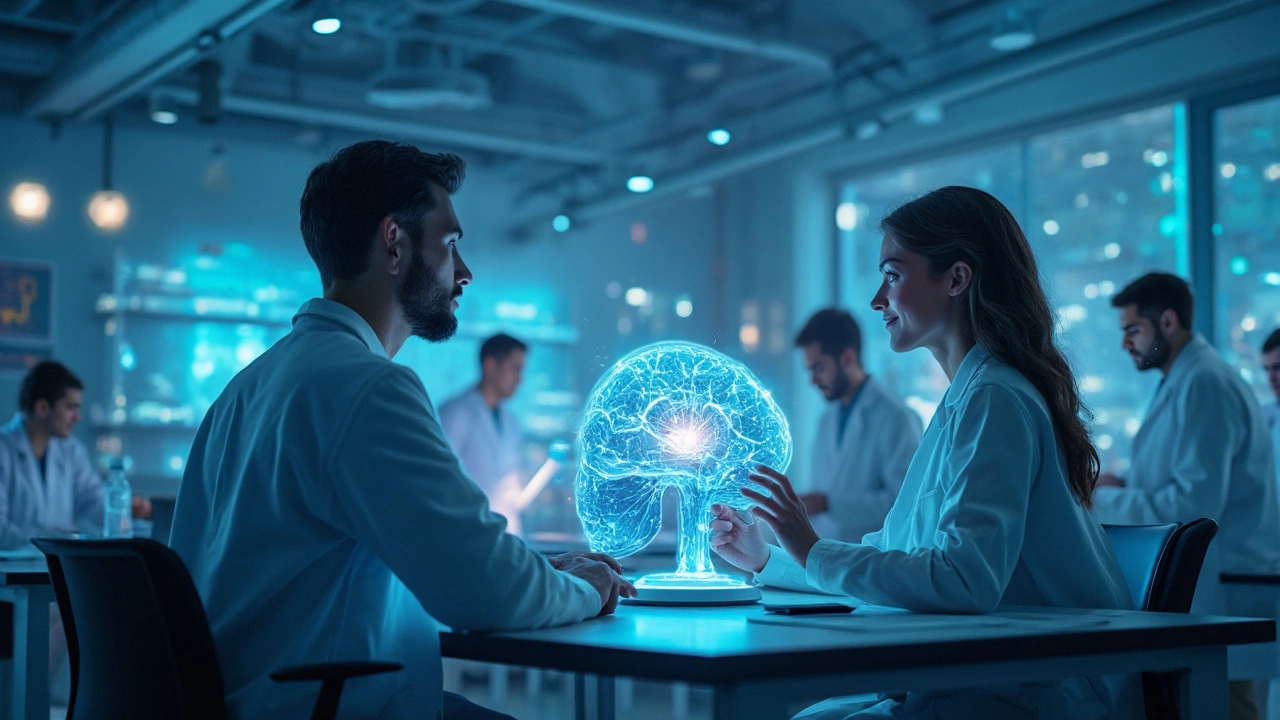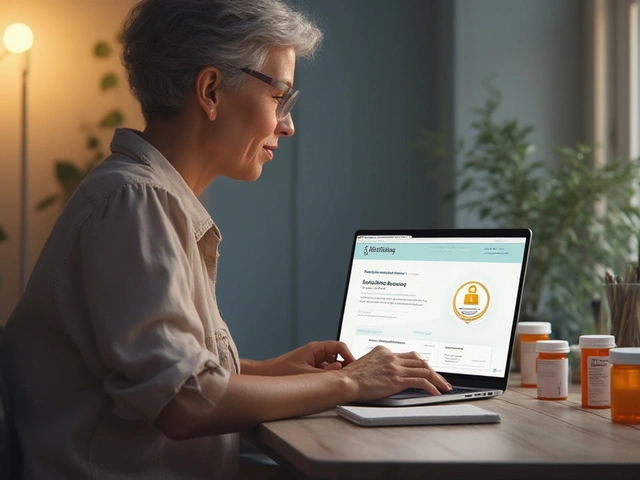Nootropics: What They Are and How They Can Boost Your Brain
Ever wondered why you hear people talk about “smart drugs” or “focus pills”? Those are nootropics – substances that aim to improve memory, attention, or overall mental performance. They’re not magic, but many users notice sharper focus or smoother brain fog days when they pick the right product.
Before you add anything to your routine, it helps to know the basics. Nootropics can be natural compounds like caffeine, herbal extracts, or synthetic chemicals designed in labs. The key thing they share is a claim to support brain function, often by changing blood flow, neurotransmitter levels, or energy metabolism.
How Nootropics Work in Simple Terms
Think of your brain like a city. Nootropics can improve the roads (blood flow), upgrade the power grid (cellular energy), or boost the communication lines (neurotransmitters). For example, caffeine blocks adenosine, a chemical that makes you sleepy, so you feel more alert. L‑theanine, found in tea, balances that alertness with calm, giving a smoother focus.
Synthetic options like racetams (e.g., piracetam) are thought to modulate glutamate receptors, which helps with learning and memory formation. Meanwhile, herbal blends such as Bacopa monnieri may protect brain cells from oxidative stress, supporting long‑term cognitive health.
Everyone reacts differently, so the effects can vary. Some people feel a noticeable lift in concentration after a single dose, while others need consistent use over weeks to notice anything. Keep that in mind when testing a new supplement.
Choosing Safe and Effective Nootropics
The market is flooded with products, from single‑ingredient capsules to “stack” formulas that mix several compounds. Start with one ingredient you understand – caffeine, L‑theanine, or a well‑studied herb like Ginkgo biloba. Check the label for dosage, purity, and third‑party testing.
Watch out for bold claims that sound too good to be true. If a product promises you’ll instantly remember a whole textbook, it’s probably exaggerating. Look for transparent manufacturers that provide certificates of analysis and clear sourcing information.
Legal status matters too. In most places, common nootropics like caffeine, L‑theanine, and many herbs are legal and can be bought over the counter. Some synthetic compounds may require a prescription or be restricted, so knowing your country’s regulations saves you headaches.
When you start, keep a simple log: note the product, dose, time of day, and how you feel. This helps you pinpoint what works and what doesn’t. If you experience side effects like jitters, insomnia, or headaches, cut back or stop the supplement and talk to a healthcare professional.
Remember, nootropics are not a substitute for good sleep, balanced nutrition, and regular exercise. Think of them as a small boost on top of a healthy lifestyle. Pairing a smart supplement with proper rest and hydration often gives the best results.
Bottom line: Nootropics can be a useful tool for sharper focus and better memory, but they work best when you choose reputable products, start low, and monitor how your body reacts. Keep it simple, stay safe, and enjoy the mental edge when it clicks into place.
Cerecetam: Benefits, Side Effects, and How This Nootropic Works
Learn how Cerecetam works, what it does for memory and cognition, and what side effects to watch out for. Discover real science—and what people wish they knew sooner.






